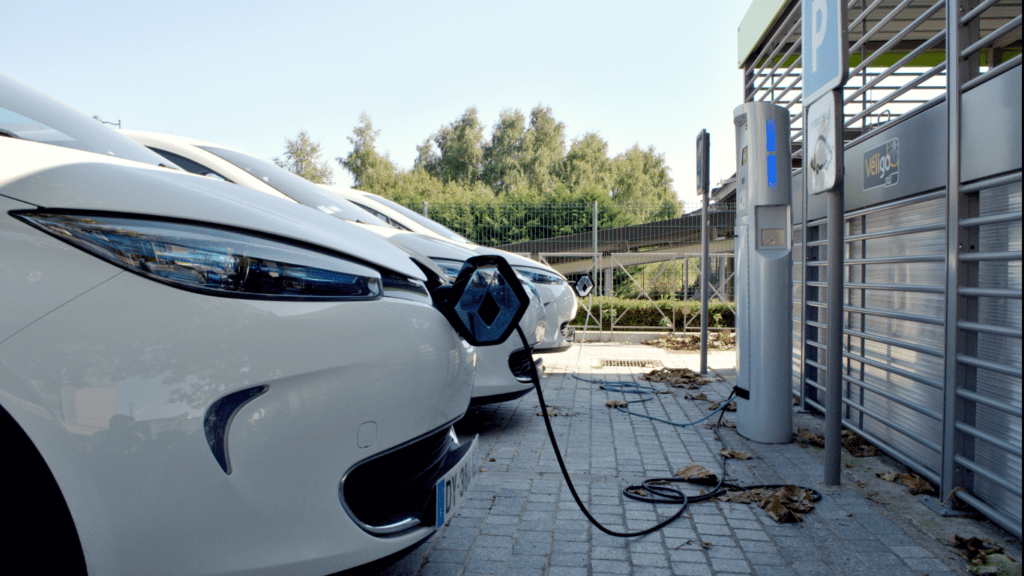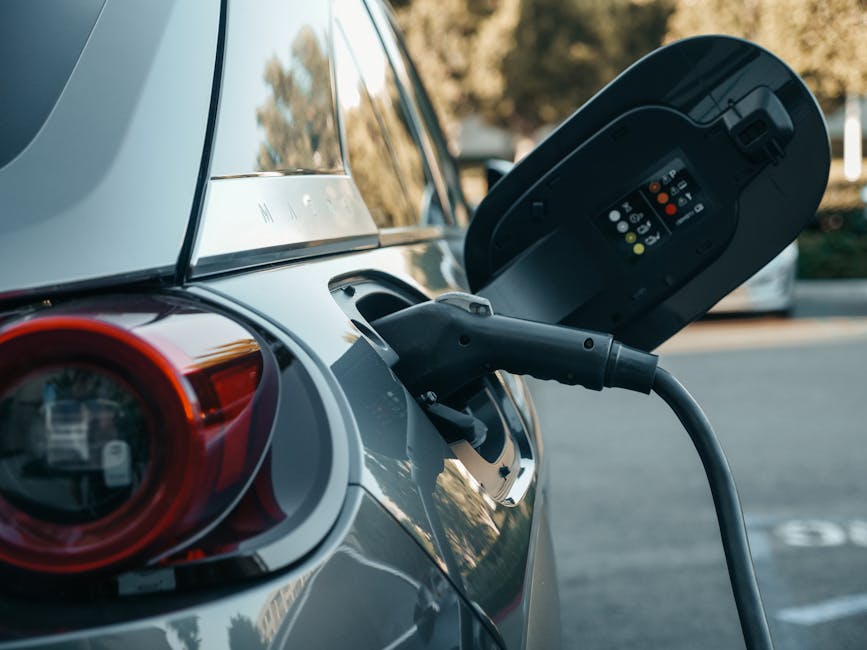In today’s fast-paced world, the automotive industry plays a significant role in shaping our future. When we talk about sustainability in this sector, the focus is not only on the vehicles themselves but also on the entire supply chain that brings these cars to life. As an expert in the field, I’ve delved into the intricate web of supply chains within the automotive industry to uncover how sustainability practices are revolutionizing the way we think about production processes.
From sourcing raw materials to manufacturing components and delivering the final product, every step in the supply chain has the potential to impact the environment and communities. In this article, I’ll explore the latest trends and innovations driving sustainable practices in the automotive supply chain. Join me as we navigate through the complexities of this dynamic industry and discover how a shift towards sustainability is not just a choice but a necessity for a greener tomorrow.
Understanding Sustainable Supply Chains in the Automotive Industry
When discussing sustainability in supply chain management, it’s crucial to understand its profound impact on the automotive sector. Sustainability principles encompass environmental, social, and economic aspects, focusing on minimizing negative effects while maximizing positive outcomes throughout the supply chain.
The Concept of Sustainability in Supply Chain Management
In supply chain management, sustainability involves integrating environmentally friendly practices, ethical sourcing, and economic viability. It aims to reduce carbon footprint, promote fair labor conditions, and ensure long-term profitability. Implementing sustainable practices enhances brand reputation, reduces risks, and fosters innovation within the automotive supply chain.
Relevance to the Automotive Sector
The automotive sector’s commitment to sustainability is vital due to its significant environmental footprint and social influence. Sustainable supply chains in the automotive industry address concerns such as reducing emissions, minimizing waste, and enhancing energy efficiency. By prioritizing sustainability, automotive companies align with global initiatives and consumer preferences, driving positive change across the industry.
Key Drivers of Sustainable Supply Chains
When considering sustainable supply chains in the automotive industry, it’s essential to recognize the key drivers that push companies towards environmentally friendly and socially responsible practices.
- Regulatory Frameworks and Compliance
I believe that one of the primary drivers of sustainable supply chains in the automotive industry is adherence to regulatory frameworks. As regulations become more stringent globally, automotive companies are compelled to align their operations with environmental and social standards. By complying with these regulations, companies not only avoid penalties but also enhance their corporate reputation and contribute to a more sustainable future. - Consumer Awareness and Demand for Sustainability
Another critical driver that influences sustainable supply chains in the automotive sector is the increasing consumer awareness and demand for sustainability. I’ve observed a rising trend where consumers are more conscious of the environmental and social impacts of the products they purchase, including vehicles. As a result, automotive companies are under pressure to adopt sustainable practices throughout their supply chains to meet consumer expectations and maintain market competitiveness.
Challenges in Implementing Sustainable Practices
Implementing sustainable practices in the automotive industry comes with its own set of challenges. Let’s delve into the complexities faced in integrating sustainability into supply chains and the cost implications associated with these initiatives.
Supply Chain Complexity
Ensuring sustainability in the automotive supply chain can be intricate due to the vast network of suppliers, varying regulations across regions, and the need for transparency at each stage. With multiple tiers of suppliers involved in providing raw materials and components, monitoring and managing sustainability practices throughout the chain becomes a demanding task. Coordination among different stakeholders, including suppliers, manufacturers, and logistics providers, is crucial to guarantee that sustainable practices are adhered to consistently.
Cost Implications
The transition to sustainable practices in the automotive supply chain often entails initial investment and restructuring costs. Companies may need to allocate resources for sourcing eco-friendly materials, enhancing production processes to reduce waste, and implementing ethical labor practices. While these investments may increase operational expenses in the short term, adopting sustainable practices can lead to long-term cost savings through efficiency improvements, resource optimization, and risk mitigation. Balancing the financial implications of sustainability initiatives with the benefits they bring is essential for automotive companies looking to create lasting positive impacts.
Innovations and Technologies Enhancing Sustainability
Innovations and technologies play a pivotal role in enhancing sustainability within the automotive industry. Let’s delve into the advancements shaping a greener future for supply chains.
Advances in Materials Science
Innovations in materials science have revolutionized sustainability efforts in the automotive sector. Lightweight materials like carbon fiber and aluminum alloys are being increasingly used in vehicle manufacturing to improve fuel efficiency and reduce emissions. These materials are not only eco-friendly but also enhance the overall performance of vehicles by making them lighter yet durable. Companies are investing in research and development to discover new sustainable materials that can further minimize environmental impact throughout the production lifecycle.
The Role of Data Analytics and AI
Data analytics and artificial intelligence (AI) are driving sustainable practices in automotive supply chains. By harnessing the power of big data, companies can optimize routes, reduce fuel consumption, and minimize waste in logistics operations. AI algorithms analyze vast amounts of data to identify areas for improvement, predict maintenance needs, and streamline operations for maximum efficiency. This data-driven approach not only enhances sustainability but also enhances decision-making processes, enabling companies to make informed choices that positively impact the environment and society.
Future Trends in Automotive Supply Chain Sustainability
In the rapidly evolving landscape of automotive supply chain sustainability, several key trends are shaping the industry’s future. Let’s delve into these trends to understand the direction in which the sector is moving.
Electrification of Vehicles and Its Impact
I’m excited about the increasing focus on electrification within the automotive sector. It’s not just a trend; it’s a transformation that directly impacts supply chain sustainability. As more companies shift towards electric vehicles to reduce carbon emissions, the demand for sustainable components and materials will rise. This transition fuels the need for suppliers to adapt and innovate, fostering a greener supply chain ecosystem.
Collaboration and Transparency Across the Supply Chain
Collaboration and transparency are becoming non-negotiable aspects of sustainable supply chains in the automotive industry. I believe that open communication among stakeholders, including manufacturers, suppliers, and consumers, is essential for driving sustainable practices. By working together and sharing information, companies can ensure ethical sourcing, minimize environmental impact, and meet evolving regulatory standards. Transparent supply chains not only build trust but also pave the way for mutual growth and continuous improvement.




